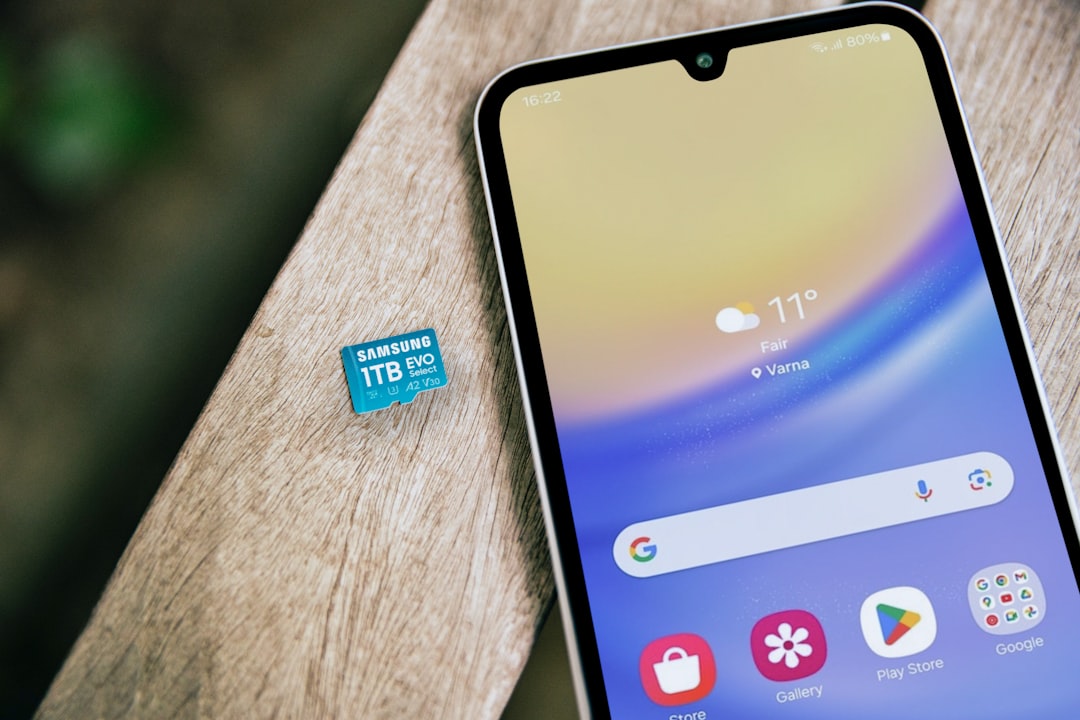Florida residents have powerful tools to combat unwanted texts and robocalls from law firms through the state's Do Not Call list, which blocks promotional and fraudulent messages. Registering on the National and Florida Do Not Call Registries, using call-blocking apps, and manually blocking numbers are effective strategies. Enhancing privacy, keeping software updated, and staying informed about regulations are additional layers of protection against persistent law firm robocalls in Florida.
Tired of unwanted texts and robocalls disrupting your day in Florida? Learn how to stop them fast. This comprehensive guide outlines Florida’s strict Do Not Call laws and provides immediate steps to protect yourself from intrusive communications. Discover long-term solutions, including using blocking apps and registering with the National Do Not Call Registry. Stay ahead of persistent telemarketers by understanding your rights under Florida’s consumer protection laws, specifically targeting do not call law firms.
Understanding Unwanted Texts and Robocalls in Florida

Unwanted texts and robocalls are a common nuisance, but in Florida, residents have specific rights to protect themselves from these intrusive calls, especially when it comes to marketing or telemarketing purposes. These messages, often referred to as “spam,” can include promotions, surveys, or even fraudulent attempts to gain personal information. Florida laws, such as the Do Not Call law, provide a framework to mitigate this issue.
By registering on the state’s Do Not Call list, residents can restrict marketing calls and texts from various sources, including law firms. This simple step ensures that your phone number is less likely to be targeted by automated dialing systems, significantly reducing the volume of unwanted communications. Understanding these laws and taking proactive measures is key to regaining control over your communication channels.
Legal Framework: Do Not Call Laws in Florida

In Florida, there are strict regulations in place to protect residents from unwanted telephone solicitations, including robocalls and text messages. The state’s Do Not Call laws are designed to give Floridians control over their communication preferences. According to the Florida Department of Agriculture and Consumer Services, businesses and telemarketers must obtain explicit consent before calling or texting numbers on the “Do Not Call” list. This list is a powerful tool for residents to prevent unsolicited contact from phone scammers and law firms pushing legal services.
Florida’s Do Not Call laws also specify the penalties for violators. Businesses found to be making unwanted calls can face fines, and consumers have the right to report infractions. By registering their numbers on the state’s Do Not Call list, Floridians can take a significant step towards halting robocalls and legal telemarketing texts, ensuring they have a more peaceful and private communication environment.
Steps to Stop Unwanted Communication Immediately

To stop unwanted texts and robocalls immediately in Florida, take proactive steps to protect your phone line. First, register your number on the National Do Not Call Registry by visiting the Federal Trade Commission (FTC) website or using their official app. This federal list prevents telemarketers from calling you. Additionally, consider blocking specific numbers manually through your phone’s settings, especially if you recognize them as spam or robocalls.
For an extra layer of protection, explore call-blocking apps designed to identify and filter out unwanted calls, including those from law firms in Florida that you haven’t contacted. These apps use advanced algorithms to detect and block spam, ensuring your phone remains relatively clutter-free. Remember, staying proactive is key; regularly review your blocked numbers list and update it as needed to maintain a safer communication environment.
Protecting Yourself: Long-Term Solutions and Precautions

Protecting yourself from unwanted texts and robocalls is a multifaceted approach that goes beyond simply blocking numbers. In Florida, where Do Not Call laws are in place, understanding long-term solutions can significantly enhance your privacy. One crucial step is to register your number on the state’s Do Not Call list, which restricts commercial calls. However, this isn’t a foolproof method against robocalls as these can often bypass such lists.
To further fortify your defenses, invest in call blocking apps or services that learn and adapt to identify and block unwanted numbers. Regularly updating software and security patches on your devices is also essential. Additionally, be cautious about sharing your phone number publicly, and consider using alternative contact methods where possible. Remember, while these precautions can significantly reduce the volume of unwanted calls, staying informed about new technologies and regulations targeting robocalls is key to maintaining a higher level of protection.






